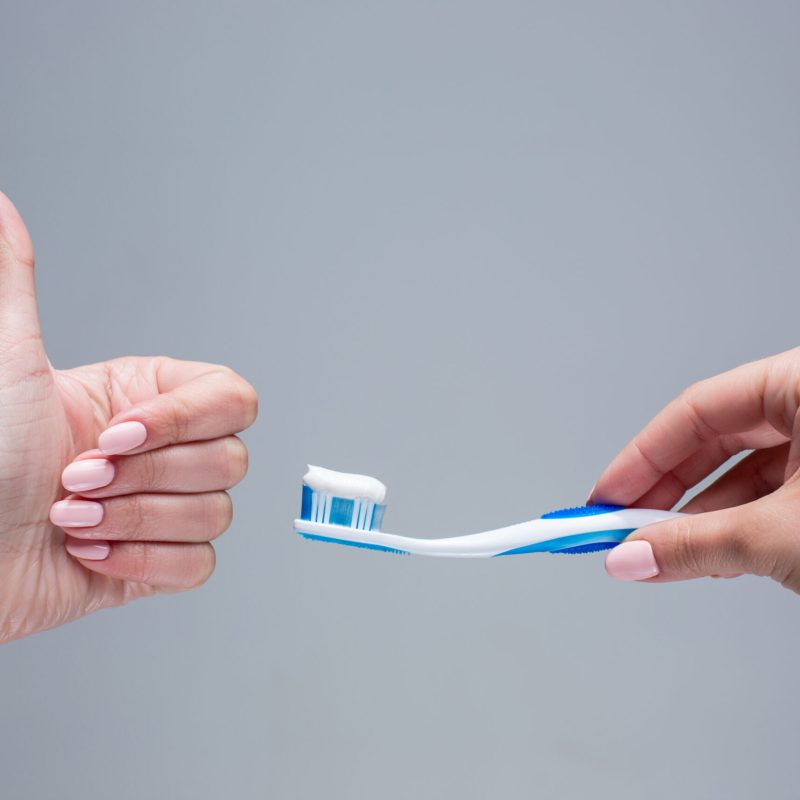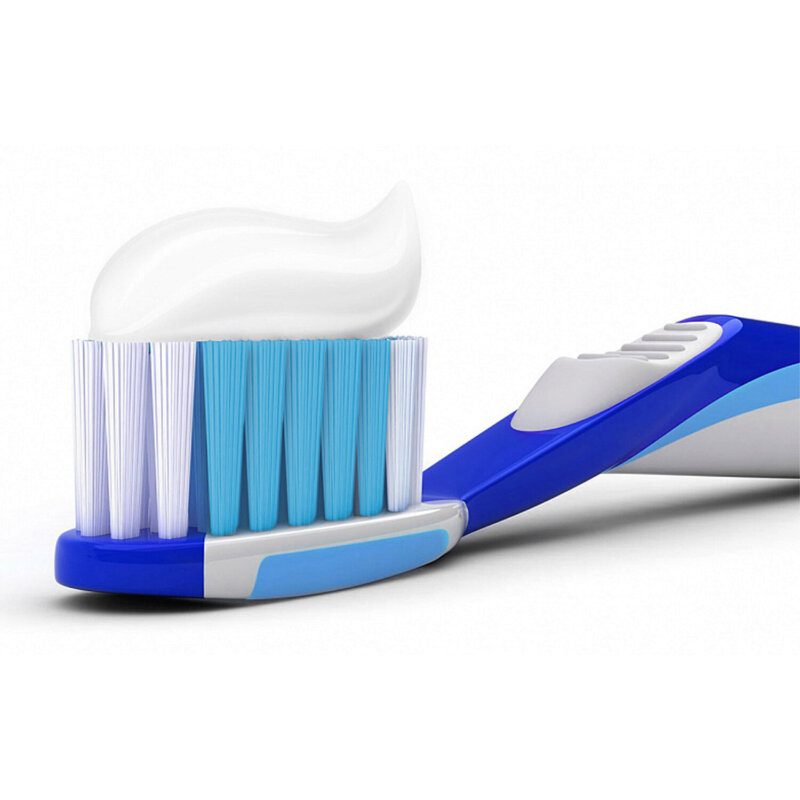
Cinnamon
Cinnamon contains calcium that helps you maintain healthy teeth. Just a tablespoon can offer almost 80mg of calcium. Flavonoids in cinnamon can fight inflammation, reducing swelling and helping tooth pain. It also helps to soothe tender gums, especially in teething infants.
Cinnamon’s antimicrobial properties may help fight off pathogens like bacteria and fungi.
Because many infections of the mouth are caused by bacteria and fungi, cinnamon has been studied as a potential treatment for dental ailments.
Cardamom

Cardamom can also:
- Freshen breath: Cardamom has a strong natural aroma that can help with bad breath.
- Clean teeth: The fibrous coat and taste of cardamom can help cleanse teeth.
- Prevent cavities: Cardamom can help prevent cavities by preventing bacterial growth that can cause buildup on teeth.
You can chew cardamom seeds to help balance the pH levels in your mouth, which may help prevent cavities. You can also try gargling with water boiled with cardamom to reduce throat inflammation.
Cardamom is also used in some mouth fresheners.

Clove
Cloves have many dental benefits, including:
- Antibacterial: Cloves contain eugenol, a chemical that acts as an anesthetic and antibacterial agent. This helps fight cavities, tooth decay, and ulcers.
- Anti-inflammatory: Cloves contain anti-inflammatory properties that can reduce inflammation caused by gum disease, toothaches, and other dental problems.
- Antifungal: Clove oil is antifungal.
- Magnesium and manganese: Cloves contain magnesium and manganese, which can help develop bones and strengthen them.
Cloves are often added to oral products such as toothpaste and mouthwash. You can also use clove oil as a home remedy for toothaches. To use clove oil for a toothache, you can:
- Dip a clean tissue, cotton swab, or cotton ball into the oil.
- Wipe it over the gums at the point of the pain.
- Place whole cloves on the affected area.
- You will find more benefits of clove for teeth if you use it regularly and for a sustained period of time. However, certain individuals may suffer side effects from clove oil use, warranting caution.
Cinnamon
Cardamom can help improve oral health by fighting bacteria that can cause cavities, gum disease, and bad breath. Cardamom seeds can change the pH levels in your mouth, which helps your body produce more saliva, keeping your mouth moist. Cardamom also has anti-inflammatory and antioxidant properties. A study found that cardamom extract can reduce mouth bacteria by up to 54%.
This helps keep your mouth moist and protects you against dental health issues like cavities. At the very least, cardamom serves as an effective breath freshener
Cardamom can also:
- freshen breath: Cardamom has a strong natural aroma that can help with bad breath.
- Clean teeth: The fibrous coat and taste of cardamom can help cleanse teeth.
- Prevent cavities: Cardamom can help prevent cavities by preventing bacterial growth that can cause buildup on teeth.
You can chew cardamom seeds to help balance the pH levels in your mouth, which may help prevent cavities. You can also try gargling with water boiled with cardamom to reduce throat inflammation.
Cardamom is also used in some mouth fresheners.
Cardamom
- freshen breath: Cardamom has a strong natural aroma that can help with bad breath.
- Clean teeth: The fibrous coat and taste of cardamom can help cleanse teeth.
- Prevent cavities: Cardamom can help prevent cavities by preventing bacterial growth that can cause buildup on teeth.
Clove
Cloves have many dental benefits, including:
- Antibacterial: Cloves contain eugenol, a chemical that acts as an anesthetic and antibacterial agent. This helps fight cavities, tooth decay, and ulcers.
- Anti-inflammatory: Cloves contain anti-inflammatory properties that can reduce inflammation caused by gum disease, toothaches, and other dental problems.
- Antifungal: Clove oil is antifungal.
- Magnesium and manganese: Cloves contain magnesium and manganese, which can help develop bones and strengthen them.
Cloves are often added to oral products such as toothpaste and mouthwash. You can also use clove oil as a home remedy for toothaches. To use clove oil for a toothache, you can:
- Dip a clean tissue, cotton swab, or cotton ball into the oil.
- Wipe it over the gums at the point of the pain.
- Place whole cloves on the affected area.
- You will find more benefits of clove for teeth if you use it regularly and for a sustained period of time. However, certain individuals may suffer side effects from clove oil use, warranting caution.
Clove oil contains eugenol, a chemical that acts as an anesthetic and antibacterial agent. It may be an effective treatment for toothache or tooth pain. Eugenol, a chemical found in cloves, has been used in dentistry since the 19th century. Cloves and clove oil have long been used as a home remedy for a toothache.
Carinil “SLS Free” xylitol toothpaste
Side effects of xylitol – : An adult can consume 10 to 30 gm xylitol per day without side effects. Xylitol used in pediatric dentistry typically ranges from 7 to 20 gms per day (divided into 3-5 doses) without side effects.
FDA has approved xylitol as a food additive or sweetener
Contact Us
Customer support
+91-9310022929
care@bhoojaa.com
Our location
A-12 1st floor, Prashant Vihar, Rohini Delhi-110085



